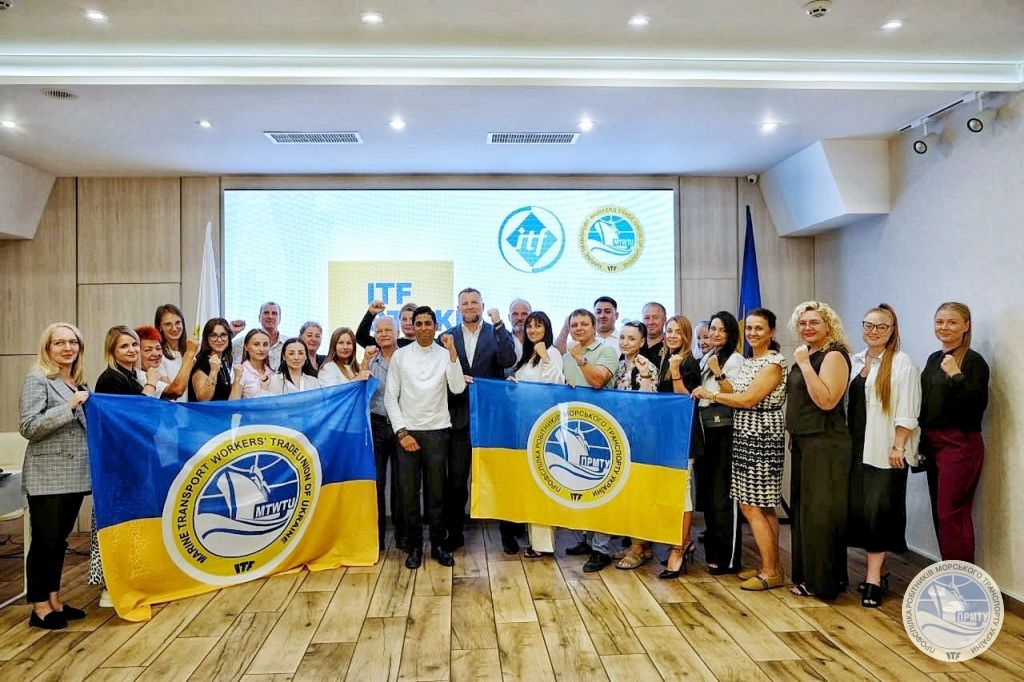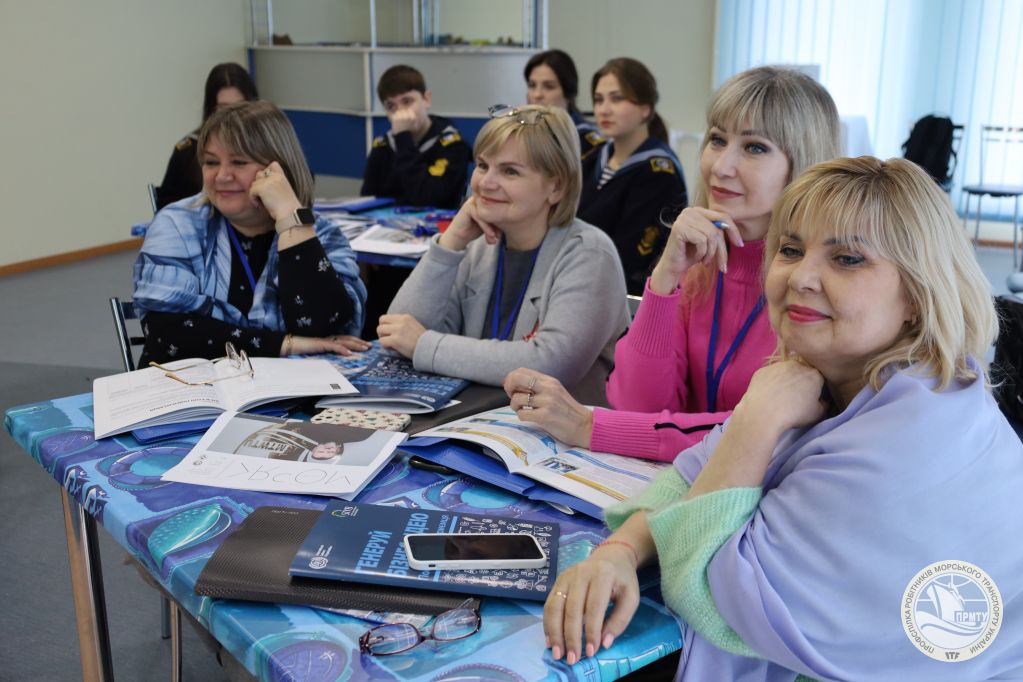On 12 October 2025, the Cameroon-flagged cargo ship EILEEN sank in the Black Sea near Bulgaria. Ten seafarers were rescued hours before the ship finally sank 140 nautical miles off Varna.
This was yet another tragic maritime accident, behind which lies systematic irresponsibility. The ship was doomed long before that fateful day – by people who deliberately exploit seafarers, ignore safety and turn the sea into a lawless zone.
EILEEN is not an accident, not an anomaly, not a ‘terrible coincidence.’ It is a pattern in the world of substandard shipping, where human life is worth less than repairing an old hull and complying with standards. This is a story about how the ‘flag of convenience’ system works, which still ‘thrives’ and harms those who provide global supply chains. This is a story about seafarers who become hostages of unscrupulous shipowners and risk their lives. This is a chronicle of indifference, negligence and loopholes that have allowed ‘floating coffins’ to go to sea for decades.
PART I. ANATOMY OF SUBSTANDARD SHIPPING
More than ten years ago, the International Transport Workers' Federation (ITF) launched a large-scale campaign called ‘Black Sea of Shame,’ dedicated to the problems of substandard shipping. The report, published by the ITF together with trade unions from coastal states, details the disappointing statistics of numerous accidents, abuses, mass abandonment of crews, lack of P&I insurance coverage and poor working conditions. At that time, there were more than 2,400 ships regularly sailing the Black Sea, most of which were over 20 years old, and about 800 were over 30 years old.
More than a decade has passed, but the situation has hardly changed. Old ships continue to transport cargo, often without valid standards and with crews who have not been paid for months. For seafarers, risk has become commonplace — part of a profession that they accept not by choice, but because they have no other option. What was once considered an exception has become the norm.
The term ‘substandard shipping’ refers to an entire system in which savings and indifference are valued more than human life. Such vessels constantly violate international standards of safety, labour and maintenance. One of the main tools that allows such vessels to remain afloat is ‘flags of convenience,’ which allow shipowners to avoid taxes and reduce costs at any price. After registration, they often hire the cheapest labour and pay minimum wages. The flag state bears no responsibility for the welfare of the crew. Seafarers are left defenceless, and wage arrears are growing. As a result, there is a complete lack of rights and guarantees for the people who keep the global economy going. The ‘flag of convenience’ system complicates the fight against the problem of abandoned ships, as the real owners of such ships often remain in the shadows due to complex registration schemes.
For seafarers, this means days, weeks, and sometimes months without food, water, wages, or any hope of help. For the owner, it is just another saving. It was under the ‘flag of convenience’ of Cameroon that the ship EILEEN was operating, and its crew experienced indifference to the fullest extent. Cameroon has been on the ‘blacklist’ of the Paris Memorandum of Understanding (MoU) on Port State Control for several years.
The economy of irresponsibility is profitable. Owners save tens of thousands of dollars by refusing maintenance, inspections, quality fuel and P&I insurance, which can cost the lives of crews.
PART II. CHRONICLE OF THE DISASTER: THE STORY OF THE EILEEN
The path of the EILEEN is one of prolonged disregard for warnings. It all began back in 2018, when the ship, registered under the name HAKSA, began to sink in the Adriatic Sea. At around 4 a.m., water began to enter the engine room, and the crew sent out a distress signal. This happened about 16 miles from Croatia’s Jabuka Island.
All 13 seafarers were rescued. The damage to the hull was temporarily repaired to prevent the spillage of 70 tonnes of fuel. Split maritime police commissioner Joso Vujic noted that the incident was likely caused by the ship's ‘old age’. For a ship built in 1993, this could have been its last voyage, but it was ‘repaired’ and continued on its way — a typical scenario in the world of substandard shipping, where old ships are given a second life at the expense of human safety.
Six years have passed. In 2024, the shipowner left the crew without pay, and the debt reached $55,000. Among the seafarers were four Ukrainians — the captain, an electrician, and two AB. After talking to ITF Inspector in Istanbul Selahattin Polat, it was discovered that the ship did not have P&I coverage.
“These kinds of cases take time to resolve, especially when it comes to recovering seafarers’ wages and ensuring their safe repatriation. While we were still working on the case, the master tragically lost his life on board. After his death, we took legal action, and the vessel was detained and banned from sailing.
Eventually, we managed to repatriate three of the Ukrainian crew members — one went through Moldova, and the others returned to Ukraine. The captain’s body was also sent home to his wife. We successfully recovered all the crew’s wages, and the master’s salary was transferred to his family.
After the investigation into the master’s death was completed, the vessel was released and allowed to sail again,” says Selahattin Polat, ITF Inspector in Istanbul.
The story continued in July 2025: EILEEN was again left to fend for herself. This time, the debt amounted to $56,000. The Inspector ITF managed to intervene, the seafarers received their money and were repatriated. In early October, just two weeks before the disaster, the chief engineer and cadet sought help: they had not been paid for a month and a half, and the ship's operator was not responding.
“I contacted the company and sent several emails regarding the seafarers’ complaints, but received no response.
I also tried to speak with the master, but he refused to communicate with me. The only contact I had was with the chief engineer. While I was pushing the company for answers and asking the master for more details, such as P&I information, he continued to avoid the conversation. At that time, the vessel was at Bartın Port, on the Turkish coast of the Black Sea.
When I was trying to resolve the issue, the vessel left the port — it simply sailed away,” notes Selahattin Polat.
A few days later, on 12 October 2025, a distress signal was received. Approximately 140 miles from Varna, in the open waters of the Black Sea, the ship reported uncontrolled flooding in the engine room. Bulgarian, Turkish and Romanian rescue services launched a coordinated operation. Ten crew members managed to launch liferafts and were rescued.
Now the ship, which had been found to have problems with corrosion, fire safety systems and hull integrity during previous PSC inspections, lies at the bottom of the Black Sea.
“If the vessel had been under an ITF agreement, then compensation would be clearly defined and enforceable. But now, we have to refer to the MLC — specifically Regulation 2.6, which concerns the loss or foundering of a ship. The purpose of this regulation is to ensure that seafarers are compensated when a vessel is lost.
Under Standard A2.6, there are two key provisions. The first states that every Member State must ensure that, in the event of a ship’s loss or foundering, the shipowner pays each seafarer an indemnity for unemployment resulting from that loss. The second provision adds that these rules do not limit any additional rights the seafarer may have under national law concerning losses or injuries arising from the ship’s loss.
So, according to the MLC, yes — the seafarer has a right to compensation in case of a vessel’s loss. But it is the flag state’s responsibility to set out and enforce the relevant regulations. And since the vessel was registered under the flag of Cameroon, technically we can still take legal action in Turkey to claim compensation on behalf of the seafarers. But such proceedings take a long time, and it’s not an easy process — especially now that the vessel no longer exists. Normally, we recover seafarers’ wages or compensation from the sale of the vessel after legal detention. In abandonment cases, we ask the court to ban the vessel from sailing, and then to sell it in order to pay the seafarers.
But in this case — with the EILEEN vessel — there is nothing left to recover,” tells the Inspector about the seafarers receiving compensation.
PART III. BEST STRATEGY FOR SEAFARERS — AVOID EMBARKING ON QUESTIONABLE SHIPS
Once you board a ship, it will essentially become your workplace for the next few months. That is why it is important to gather as much information as possible in advance to avoid troublesome situations during embarkation and while performing your duties. Once you know the ship you're going to be on, make sure it's covered by a valid Collective Bargaining Agreement (CBA) between the shipowner and one of ITF affiliated unions. If the ship is not covered by such an agreement, be especially careful during the employment process.
Seafarers can also contact the ITF Inspector in Ukraine directly. We can provide information about the ship and its inspection history.
If the ship is not covered by an ITF agreement, we can check its inspection records under Port State Control (PSC) and its history with the ITF. If a ship has a problematic history — unpaid wages, poor conditions or repeated violations — we can advise seafarers not to join that ship.
General information about the ship can be found at www.equasis.org, and information about violations detected by PSC authorities can be found at www.parismou.org, www.tokyo-mou.org and www.bsmou.org. In addition, check whether the ship is on the list of abandoned ships by following the link www.ilo.org/dyn/seafarers. If the ship is on this list, you should treat such an offer with extreme caution.
Remember: before signing a contract, make sure that the ship is not on the list of ships abandoned by the shipowner and find all available information about it.
If you find yourself in a difficult situation or encounter a violation of your rights, do not hesitate to contact your Union or the nearest ITF Inspector. The sooner you seek help, the faster an effective solution to the situation can be found.
The MTWTU is always available and has been responding promptly to urgent requests and resolving problematic situations with the help of a chatbot for over three years. So you can contact the MTWTU chatbot at any time for the necessary advice and consultation.






